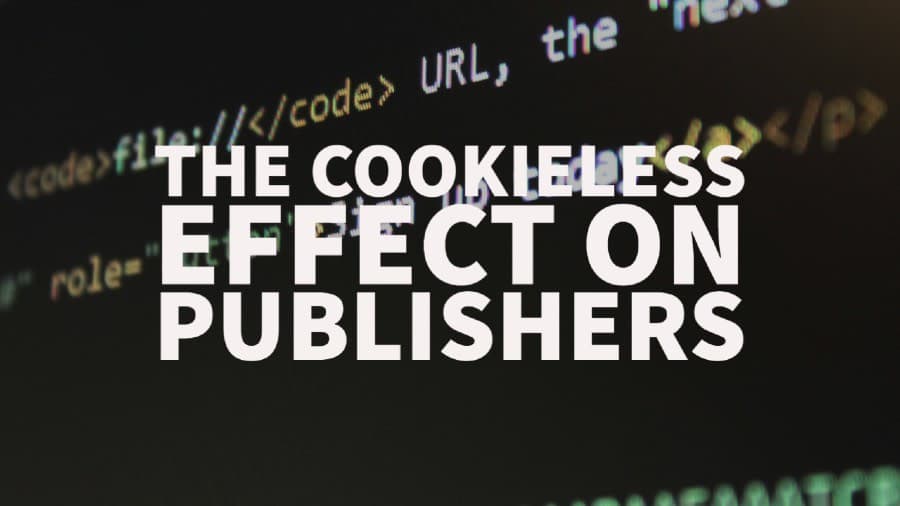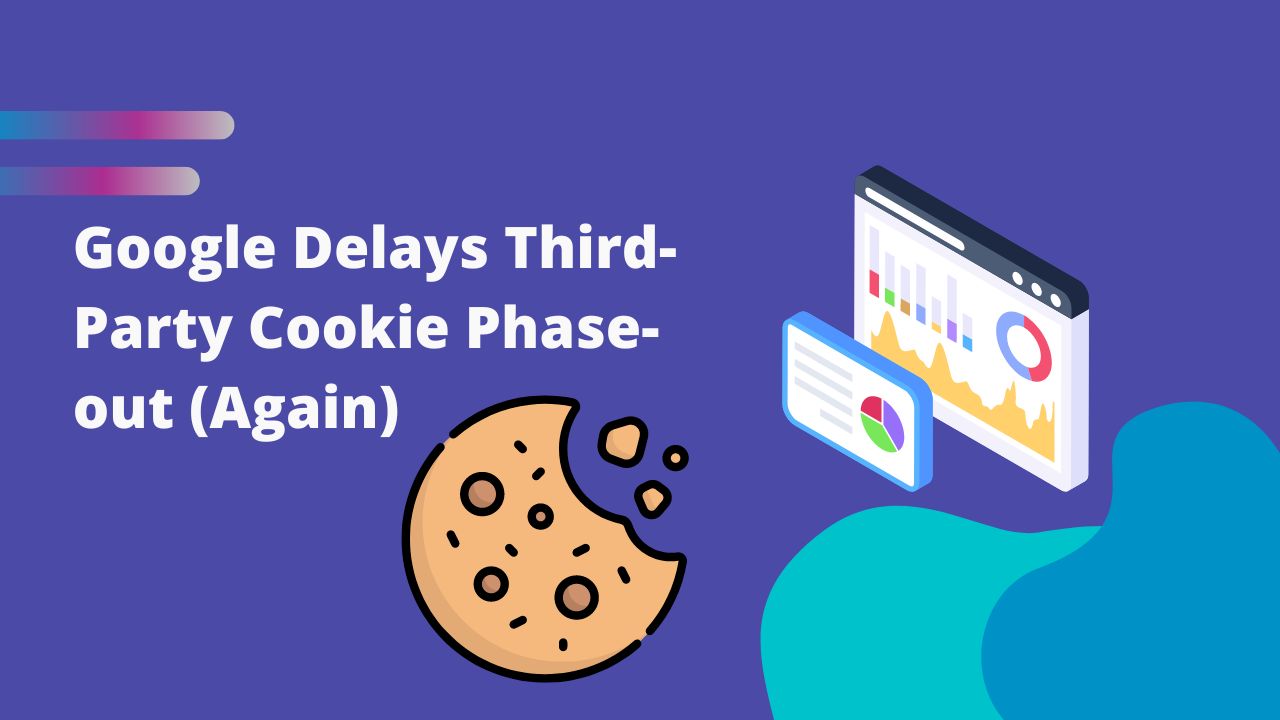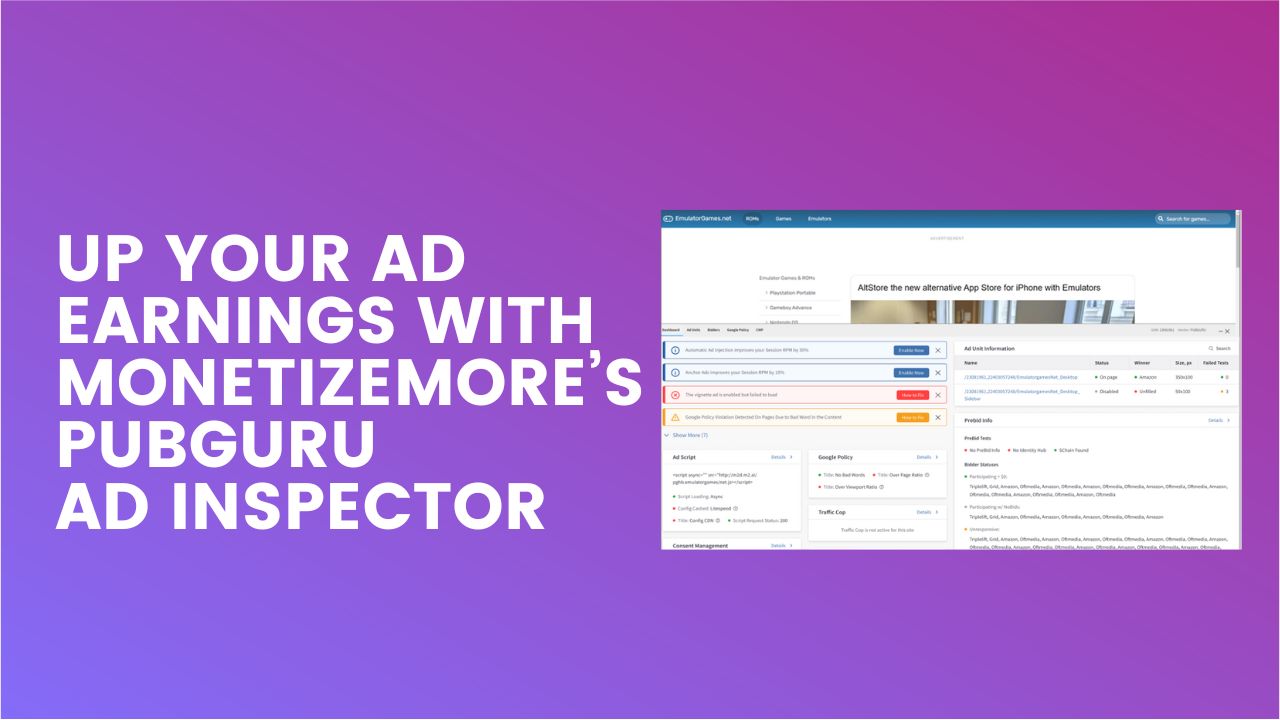
Cookies are text files with small pieces of data, like a username and password, to identify your computer as you use a computer network. Specific cookies known as HTTP cookies are used to identify particular users and improve your web browsing experience.
The server creates data stored in a cookie upon your connection. This data is labeled with an ID unique to you and your computer.
When the cookie is exchanged between your computer and the network server, the server reads the ID and knows what information to serve to you specifically.
Cookie-based targeting uses data or “cookies” to target small audience groups based on their web browser behavior. Cookie-based targeting allows companies to display ads throughout a user’s browsing experience once they have expressed interest in the company’s website.
Early in 2020, Google announced that it would end support for third-party tracking cookies to its Google Chrome browser by 2022, joining Mozilla Firefox and Apple Safari browsers who have begun blocking third-party cookies.
The significant impact of not having cookies for your analytics comes into play whenever you try to measure something across multiple visits and devices. This could be a simple thing, such as understanding the difference in behavior between first-time visitors and returning visitors. This kind of information can help formulate decisions around site design and the like.
An example with a much more significant impact on day-to-day decisions is campaign tracking. With the help of cookies, a web analytics tool, such as Google Analytics, can determine which campaign brought the user to the site during their site visit. For example, a person is searching for your product or service that you offer and clicks on one of the ads. They browse around on your site and proceed to the other site to make more inquiries. Later, they return to the site to do some transactions by typing your URL into their browser. Google Analytics can attribute that conversion back to the ad that brought them to the site. This means that you can get proper knowledge of the impact of your advertising program. Without the cookie that persists between sessions, the link between the campaign and the conversion cannot be made.
By identifying the visitor using the cookie, you can see whether your advertising has contributed to the conversion, even if the visitor returned multiple times through different channels before purchasing.
Since 2017, Apple has been cutting down on persistent web tracking to protect user privacy. Many publishers have seen CPMs for Apple’s Safari browser users decrease between 30-40% each time Apple reduces the ability to track Safari users across the web, limiting the data available for that audience.
In late 2020, many publishers saw CPMs on traffic from Safari users take a big hit, marking the most significant difference between how much it can charge advertisers for Safari users compared with Google Chrome users.
This was attributed to Apple’s recent anti-tracking feature, Intelligent Tracking Prevention 2.3, which limits link decoration; this is a typical web practice Apple believes is being exploited to track users across domains.
On the other hand, Google ran a randomized controlled experiment on the top 500 global publishers, who use the programmatic arm of Google Ad Manager’s serving system during the third quarter of 2019. They effectively disabled access to third-party cookies for a small fraction of randomly selected users and observed an average revenue decrease of 40%, with a median per-publisher decline of 52%. Of course, the revenue loss varied per publisher.
As you can see, without the use of cookies and specific methods of personalizing ad experiences for users, publishers stand to lose a lot of ad revenue. Google also recently announced their new tracking system called FLOC that enables publishers to target users in an anonymized way in a privacy-first world. We’ve recently published a video expanding more on this topic. See below:
Not sure what to expect or how to proceed in a cookieless future or what the impact will be on your ad monetized business? Let MonetizeMore help guide you towards the best possible solution! We’re a Google Certified Publisher Partner helping hundreds of publishers reach their full ad revenue potential. Sign up to MonetizeMore today!

Kean Graham is the CEO and founder of MonetizeMore & a pioneer in the Adtech Industry. He is the resident expert in Ad Optimization, covering areas like Adsense Optimization,GAM Management, and third-party ad network partnerships. Kean believes in the supremacy of direct publisher deals and holistic optimization as keys to effective and consistent ad revenue increases.

Paid to Publishers
Ad Requests Monthly
Happy Publishers



10X your ad revenue with our award-winning solutions.